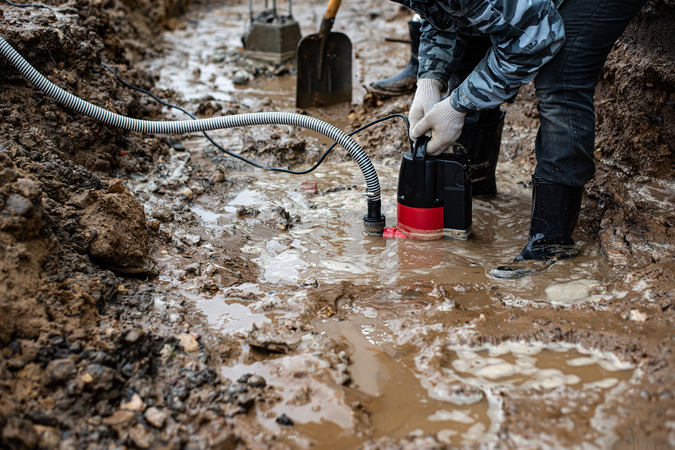Environmental Fees: Can Incentives Help Solve the Chesapeake’s Nutrient Pollution Problems?
DownloadNutrient pollution continues to be one of the central problems facing the Chesapeake Bay. Environmental service fees, like the sewer surcharge recently signed by Maryland Governor Erlich, can enhance the cost effectiveness of pollution control efforts as well as finance infrastructure investments. This paper looks at ways environmental fees, service charges, and taxes have been used to create incentives to reduce pollution from urban and rural sources, increase cost effectiveness of pollution control and promote innovation in pollution control strategies. We provide an overview of the economic theory of how environmental service fees should be structured. We then look at three examples of how fees have been used to improve water quality: sewer surcharges, a nutrient fee for farms in the Netherlands, and a surcharge on property taxes in the Florida Everglades. We end by discussing the lessons these experiences hold for water resource management in the Chesapeake Bay.





